In April 2007, Uefa president Michael Platini announced that Poland and Ukraine would host the EURO 2012 football championship. How is Poland coping with the challenges?
It has not been a restful 12 months! While the official EURO 2012 website predicts that support for the championships will break previous records in terms of attending fans, Platini recently expressed concern that neither Poland nor Ukraine were
proceeding fast enough with the necessary infrastructure improvements, due to political instability. However, both countries elected new governments at the end of last year, so it is now full steam ahead, even though deadlines are having to be extended for completion of some of the stadia.
Slawomir Bany, CEO Aon Poland, has faith that the new Polish government will tackle the challenges of getting ready for EURO 2012. ‘Failure is not an option,’ he says.
However, a key problem could be obtaining the workforce needed to implement the major improvements in infrastructure. Many Poles, attracted by higher wages, migrated to the UK and other EU states after Poland joined the EU in 2004. Estimates suggest that in the UK alone the number of Eastern European immigrants was 227,875 in 2006, with Poles making up two-thirds of this number. However, the figure fell by almost 10% last year, and there are signs that some Poles are returning home.
The trend has been sufficient to concern UK construction businesses, particularly as the UK is itself having to gear up to hosting the 2012 Olympics. While the average amount that a builder can expect to earn in Poland is around five or six times lower than his UK wage, the gap seems to be rapidly closing.
Bany sees the work force issue as one of the key challenges the country must solve. ‘The unemployment rate is going down, although it varies from region to region. EURO 2012 may well open the door to employing people from other countries, and that might solve the problem.’
He believes that EURO 2012 will push Poland very quickly to a higher level of development. ‘The event will mean a huge number of visitors who will need to move from one place to another, sit in the stadia and watch matches, have accommodation and so on.
As this means huge investment in Poland’s infrastructure, it is a great opportunity for accelerating the growth of the country.
Bany also believes that Poland will benefit from the cultural challenge of managing the event. ‘It is also a challenge from the organisational point of view for those who are responsible in terms of communication, managing the project and coordination with global organisations. We are going to gain a lot of knowledge and experience. So it’s not only the investment but also the experience. It will be a steep learning curve and it is the kind of knowledge that is far better learnt hands-on.’
Not just infrastructure
With so much work going on in Poland in the next four years, which industry sectors will be the winners? It is obvious that those companies that are involved in infrastructure development will benefit – but that is only the tip of the iceberg, according to Bany. ‘The companies that will benefit represent an extremely broad segment of the market. In terms of construction companies, there are both local and global players. But they cannot exist without suppliers. So there’s going to be a very positive impact for sub-contractors and other suppliers.’
And it is not only in the construction area that the demand for employees will grow. Bany explains: ‘As projects are finalised, the demand will grow. For example, if you take a toll road, each one must have on-going services, hotels, restaurants, etc. Large hotels with 400 rooms are going to need staff.’ The repercussions of hosting EURO 2012 are clearly going to reach beyond the obvious.
It is also likely that tourism will receive a boost. EURO 2012 is giving Poland a chance to showcase the country to thousands of visiting fans. Hopefully, some will return as tourists.
If Poland gets it right in 2012, it will not just be infrastructure companies and their suppliers that benefit. The ripples will spread to other service industries, enhance the price of property and generally boost the economy.
Postscript
Sue Copeman is editor, StrategicRISK





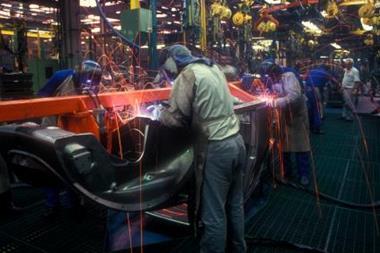
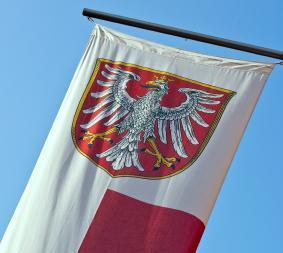
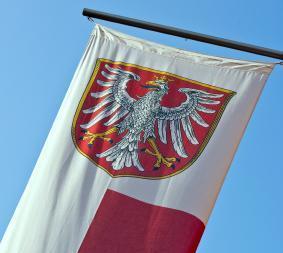
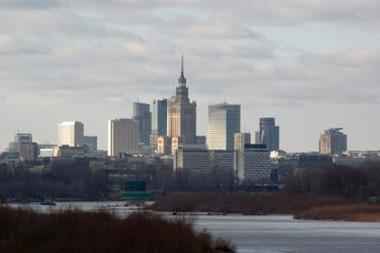
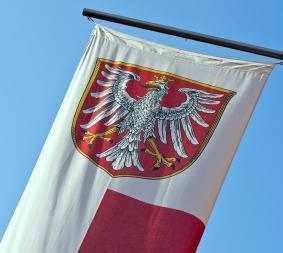










No comments yet